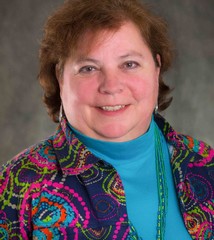State of American Society
Being able to voice your opinion on today’s pressing issues is an essential aspect to our democratic society. One of the ways Frostburg State fosters this right is with the creation of town hall meetings, hosted by the Office of Civic Engagement. Taking place in the Atkinson room in the Lane Center, The Bottom Line had the chance to attend the last town hall meeting of the semester and hear the discussions and comments various students and administrators had to say about the state of American society.
The evening started off with talk about how important civic engagement is in our communities. It allows us to be the change we want to see in the world. The conversation then lead to the effects of fear and hope when it comes to past and future political elections. It was discusses that fear can be used as a tool of political administrations to control, while hope is rarely used, but it is used as a tool to unite. Some thought that hope is harder because you have to work for it. The topic then switched to what motivates us as students. Common themes included: family, friends, and the chance of success.
The talk then shifted to what students thought was the greatest crisis of our generation. Global warming, the United States debt crisis, and health care were all answers. When the topic of global warming arose, so did the Green New Deal and the effects it would have on our country. Due to the the Green New Deal’s cost, some had worries of the pressure that it would have on our country’s rising debt. Inheriting a country with a massive amount of debt is something no one wants for their next of kin. Others thought that it was the individual’s personal responsibility to reduce their carbon footprint. Affordable healthcare was a major concern for some, as they are graduating and will be paying insurance costs. Various student thought that distribution, location of knowledge, facts, and misinformation are major issues in today’s society that must be dealt with with the utmost importance.
Talks then shifted to the issues surrounding age and voting. Many thought that high schools do not instill the importance of voting enough. Others thought that since some 16 year-olds already work and pay taxes, the voting age should be lowered to 16. Some disagreed with this notion and thought that the age should remain at 18. One student in particular thought that voting should be mandatory for all citizens. Many disagreed with this and said that voting should not be made mandatory.



